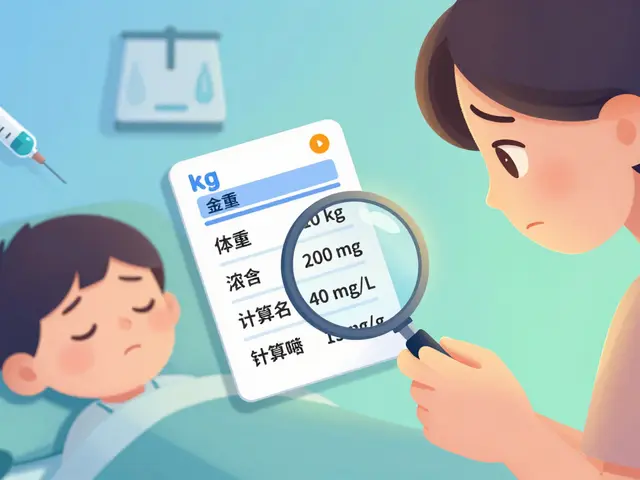Buy NSAIDs Online Safely: Quick Guide
Buying NSAIDs online can save time and money, but it also comes with risks. This guide shows practical steps to buy common pain relievers safely, how to check a pharmacy, what to avoid, and how to use NSAIDs without causing harm.
How to shop smart
Pick the right drug. Common NSAIDs include ibuprofen, naproxen, diclofenac and celecoxib. Ibuprofen and naproxen are available over the counter in many countries. Diclofenac and celecoxib often need a prescription. Know the active ingredient and dose before you click buy.
Verify the pharmacy. Look for real contact details, a physical address, and professional licenses or seals. Trusted sites display pharmacy certification or registration number. Avoid sites that only accept cryptocurrency, offer no prescription requirement for prescription drugs, or have poor site security.
Check product details. Look at manufacturer name, batch number and expiry date. Real pharmacies list lot numbers and have clear photos. Beware of generics with inconsistent packaging or unusually low prices; extreme discounts often mean counterfeit or expired stock.
Payment and delivery tips. Use secure payment methods like credit cards or trusted gateways that offer buyer protection. Choose tracked shipping and check customs rules in your country. Expect legitimate pharmacies to ask for a prescription when required.
Safety, dosing and interactions
NSAIDs reduce pain and inflammation but carry side effects. Common problems include stomach upset, ulcers, kidney strain and raised blood pressure. Never exceed recommended doses. For adults, ibuprofen is often used at 200–400 mg per dose, naproxen at 220 mg, but follow label or doctor advice.
Avoid mixing NSAIDs with blood thinners like warfarin or with high doses of alcohol. Combining NSAIDs with other pain relievers such as aspirin, or with certain supplements, can increase bleeding risk. If you take blood pressure meds, heart drugs, or have kidney disease, ask a clinician before buying NSAIDs online.
Do not buy NSAIDs online if the product lacks clear labeling, if the site refuses prescriptions when required, or if reviews are overwhelmingly negative. Skip any purchase if you’re pregnant, breastfeeding, or have a history of stomach ulcers unless a doctor approves.
If you suspect a counterfeit or damaged product, stop using it and contact the seller and the regulator in your country. For side effects like severe stomach pain, black stools, sudden swelling, shortness of breath, or reduced urine output, seek emergency care.
Store NSAIDs in a cool, dry place and keep them away from children. Keep records of batch numbers and receipts. If you regularly buy meds online, create a folder with verified pharmacies you trust.
This guide helps you buy NSAIDs online with fewer risks. Be cautious, ask questions, and when in doubt, consult a healthcare professional.
Example: if your doctor prescribes naproxen 500 mg once daily for flare pain, confirm the online product matches that strength and prescription. Keep a photocopy of the prescription, note the seller, and compare price with local pharmacies. Small steps reduce risk and keep your treatment on track. Stay safe online.



